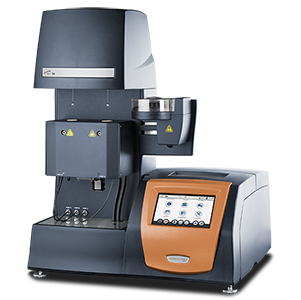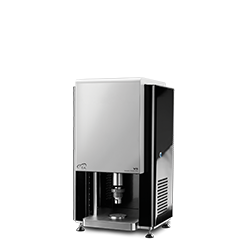Discovery SA
Discovery SA – Analyseur dynamique de sorption de vapeur Productivité la plus élevée, meilleure précision et plage de contrôle de l’humidité la plus large. Description Technologie Performances Logiciel Caractéristiques Applications Video TA Instruments vous invite à expérimenter la dernière innovation en matière d’analyse de Sorption Dynamique de Vapeur (DVS), le Discovery SA. Découvrez leur conception…













